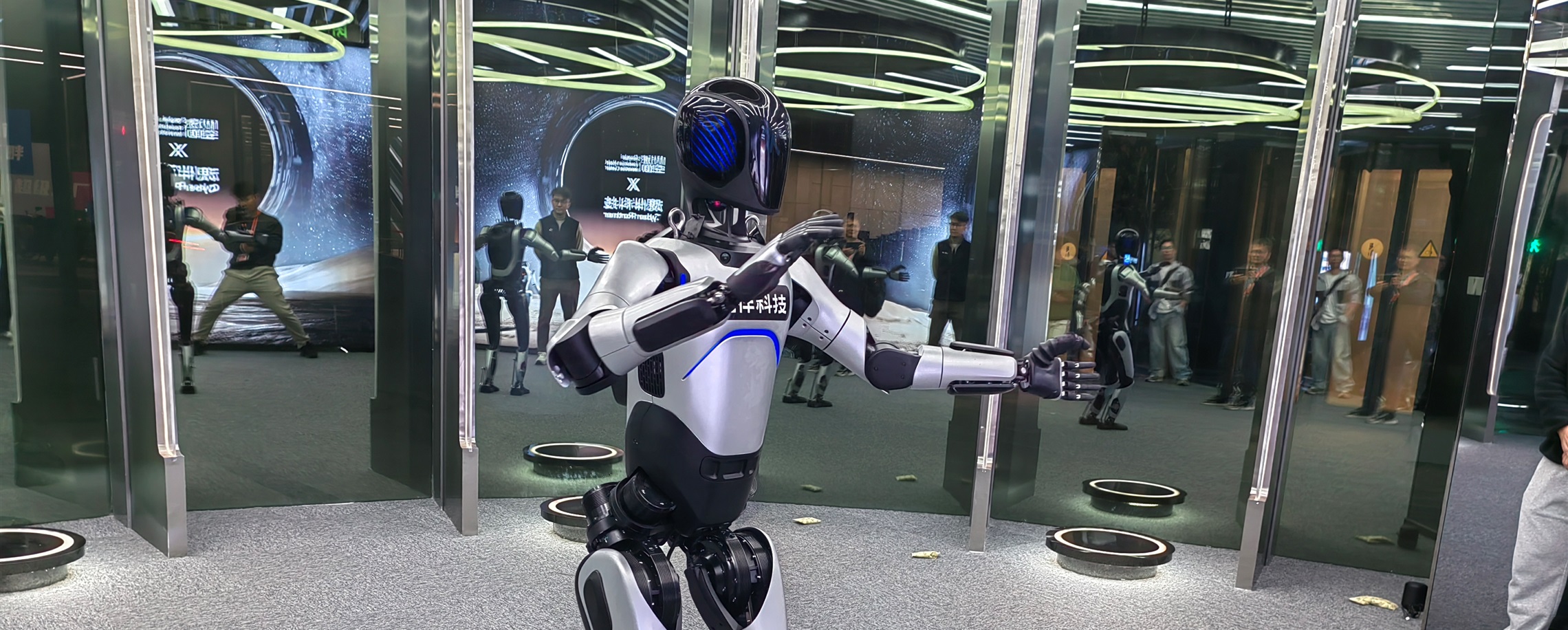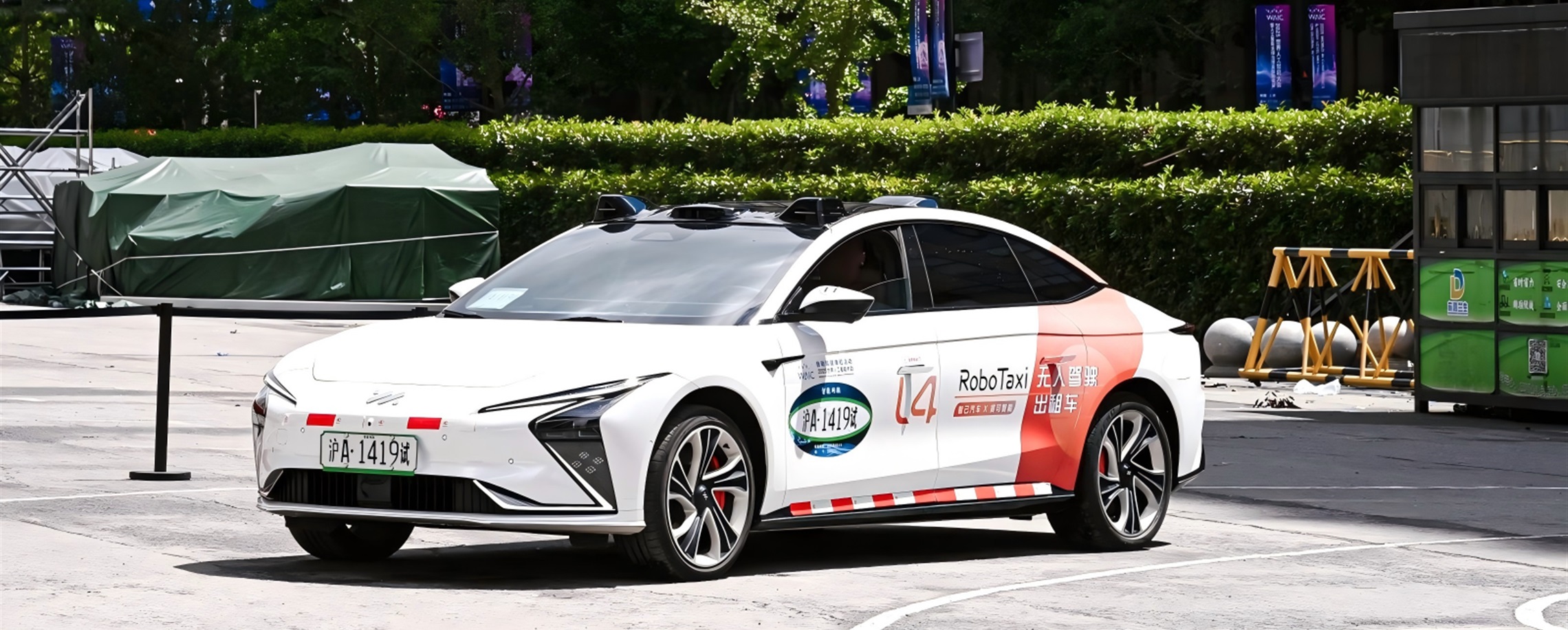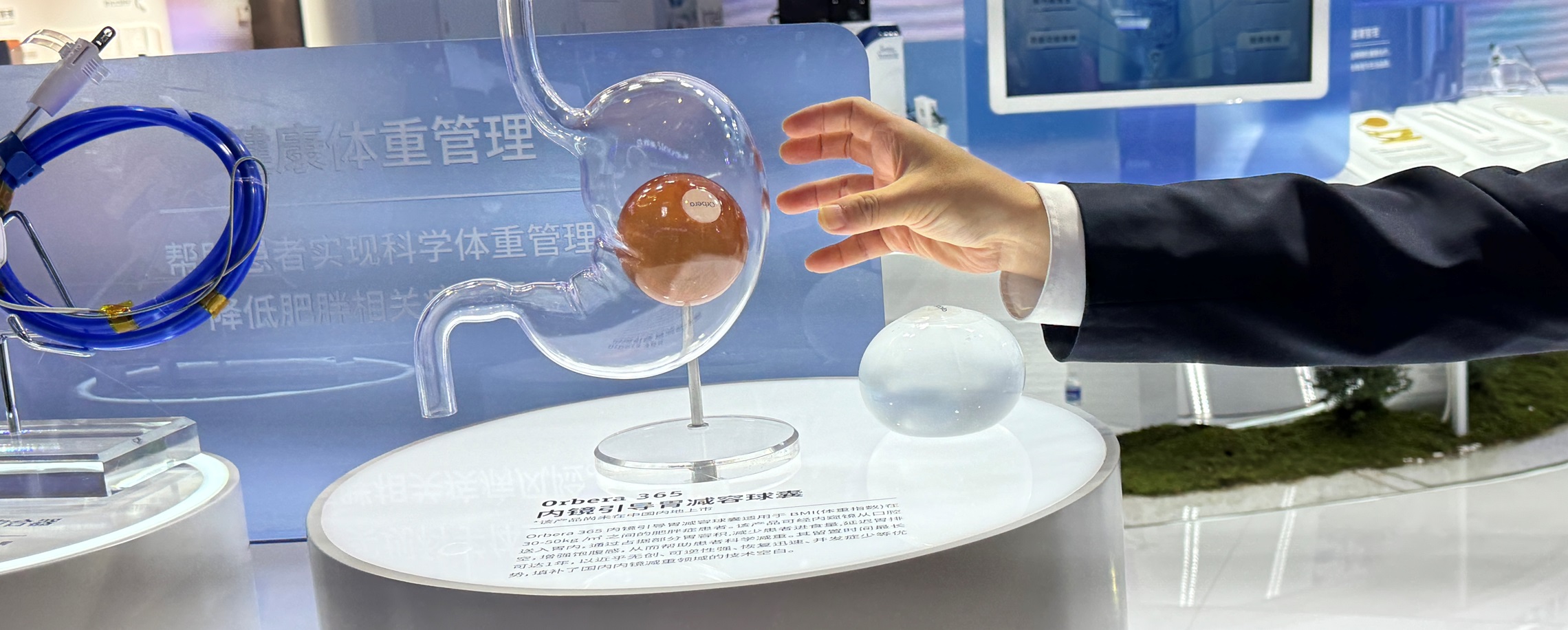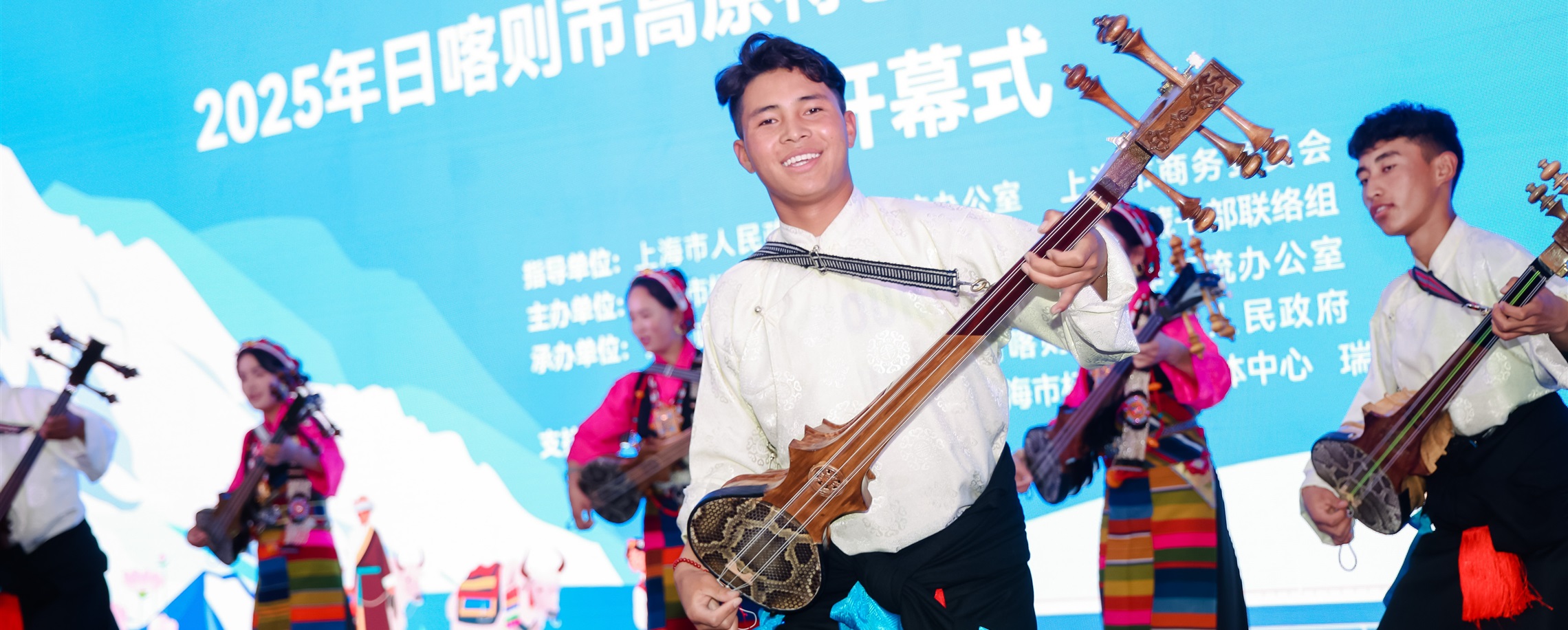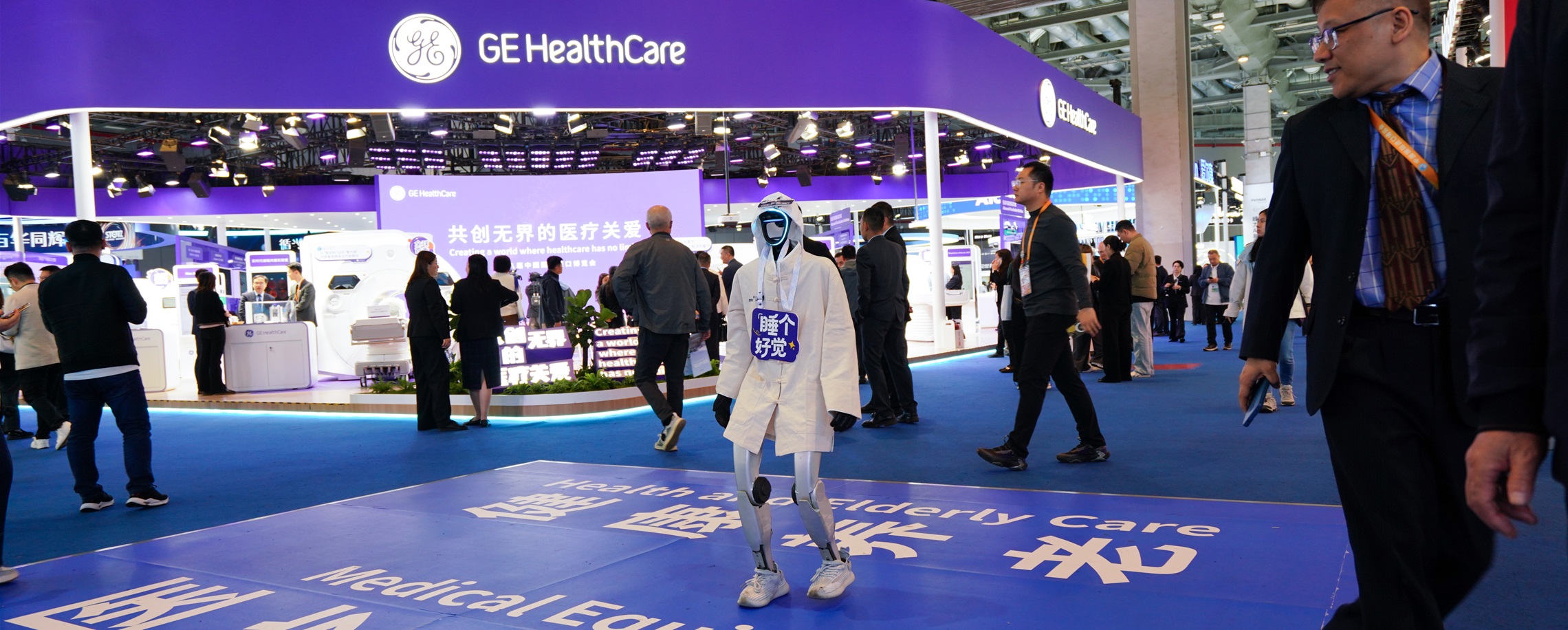China's Aging Population Opens a New Market Front
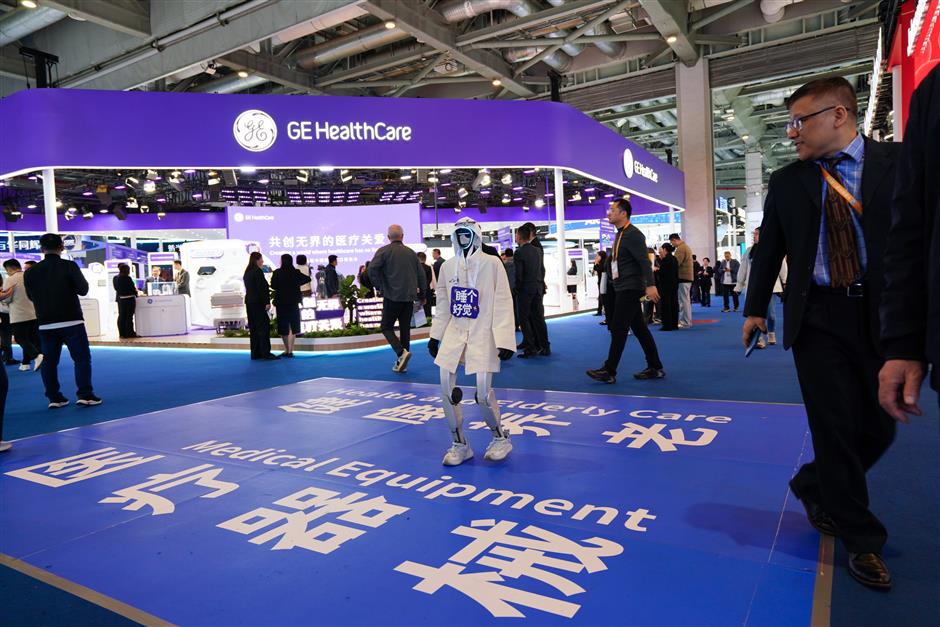
China's rapidly aging population – now over 310 million people aged 60 and older – is transforming the country's economic landscape, spawning a booming "silver economy" worth 8.3 trillion yuan (around US$1.16 trillion) as of 2024.
It's also emerged as one of the standout focuses at the ongoing 8th China International Import Expo (CIIE) in Shanghai, where companies from across the globe are showcasing how technology can cater to older adults' needs – from chatty companion robots and AI-powered fall detectors to shock-absorbing cushioned floors.
"The aging trend is global," said Nadia Rasheed, the United Nations Population Fund representative to China.
"China has been leading innovation to help people age with better health and dignity."
Concurrent with the expo, the Hongqiao International Economic Forum hosted a session focused on the "silver economy," a sector that's fast emerging as both a top policy priority and a lucrative business opportunity.
Government officials and business leaders alike emphasized that this graying market isn't just a powerful driver of domestic demand; it's also a cornerstone of China's broader economic transformation.
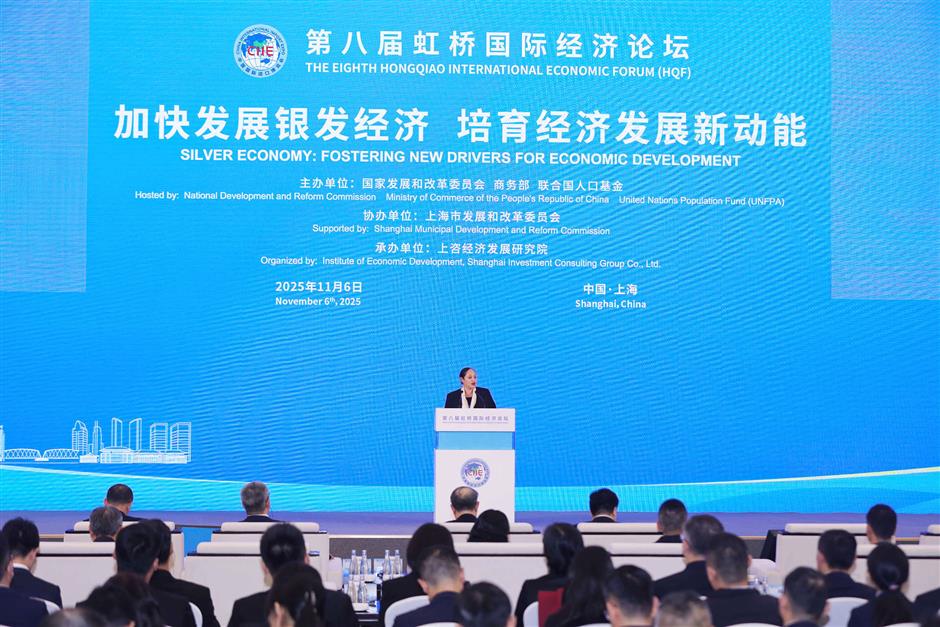
Xiao Weiming, deputy secretary-general of the National Development and Reform Commission, said the silver economy shows "growing vitality and market potential."
He urged greater global collaboration and wider adoption of digital and smart technologies to elevate eldercare services.
The Ministry of Commerce said it would open more eldercare-focused sectors, attract foreign investment, and expand community-based care services.
"We encourage companies to seize the new opportunities in China's silver market," said Zhang Guosheng, deputy director-general of the ministry's service trade department.
Over at the CIIE, exhibition halls are packed with elder-friendly innovations. Philips is showcasing home-use breathing devices and portable intensive-care monitors, while hearing-aid giants Sonova and Sennheiser unveiled user-friendly, budget-friendly models tailored to older adults. Sony debuted an AI-driven fall detection sensor that tracks movement without capturing images – striking a balance between enhancing safety and safeguarding privacy.
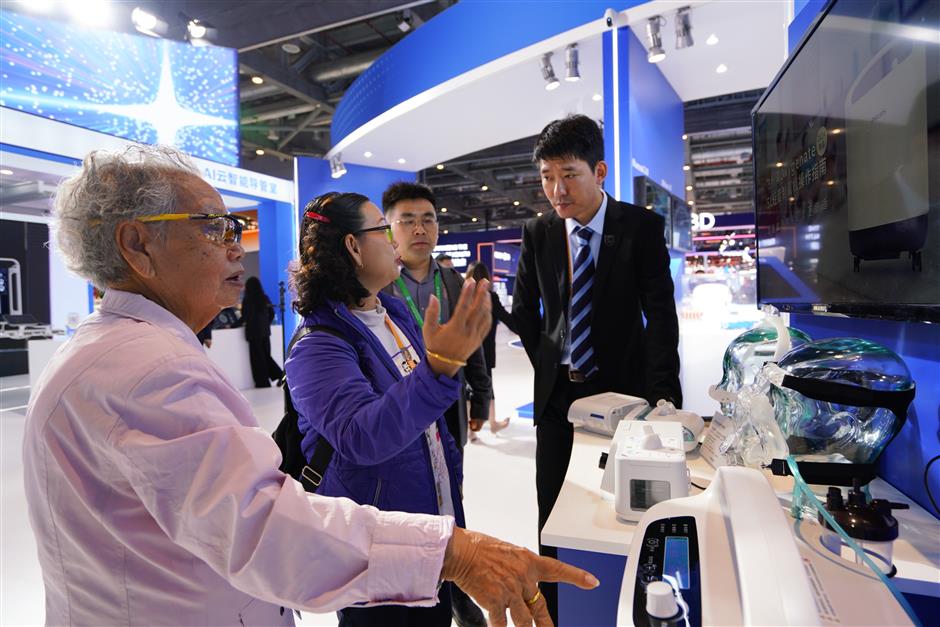
IKEA has created six immersive "age-friendly home zones," demonstrating practical ways to make living spaces safer, such as slip-resistant flooring, rounded edges, and easy-grip handles.
At the booth of Panasonic, meanwhile, visitors can see cushioned flooring and smart bedroom setups that automatically tweak lighting and temperature to promote better sleep – tailored to older adults' circadian rhythms.
In the innovation zone, Canada's Immobot unveiled its household robot ClickCopilot, which offers companionship, sends timely health reminders, and provides on-demand online assistance for seniors.
Chinese firms, too, rolled out standout innovations: iexoskeleton walking assistants to aid mobility, high-oxygen therapy pods for respiratory support, and smartwatches that send real-time alerts to family members during emergencies.
"AI-powered care solutions and smart homes in China have now hit industrial scale," Duan Mingjie, founder of silver economy think tank AgeClub, said during the Hongqiao Forum.
"The dual strengths in innovation and manufacturing are propelling this sector forward at a rapid pace."
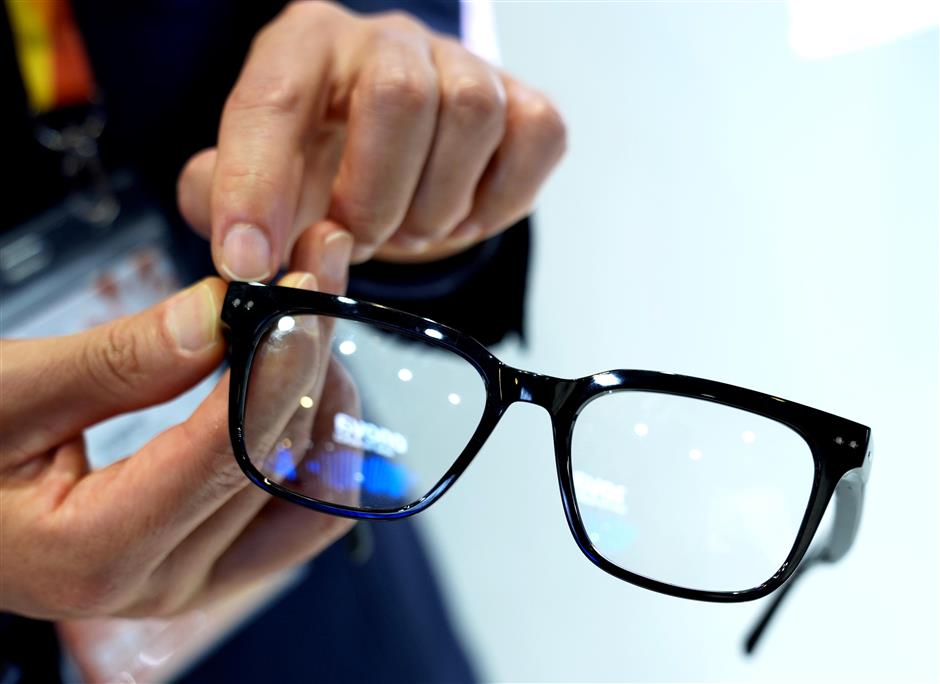
Melissa Gong Mitchell, executive director of the Global Coalition on Aging, emphasized that the silver economy is "one of the world's defining megatrends."
"It's valued at around US$22 trillion globally," she said. "China's scale and innovation mean it will play a leading role in shaping solutions for healthy aging."
The United Nations projects that by 2035, people aged 80 and above will reach 265 million worldwide, exceeding the number of infants. By 2070, those aged 65 and older will reach 2.2 billion, outpacing the under-18 population.
The UN representative Rasheed said China's approach could serve as a model for other nations.
"Older persons should not only be seen as beneficiaries," she said. "They should be leaders of the silver economy, shaping how it develops."
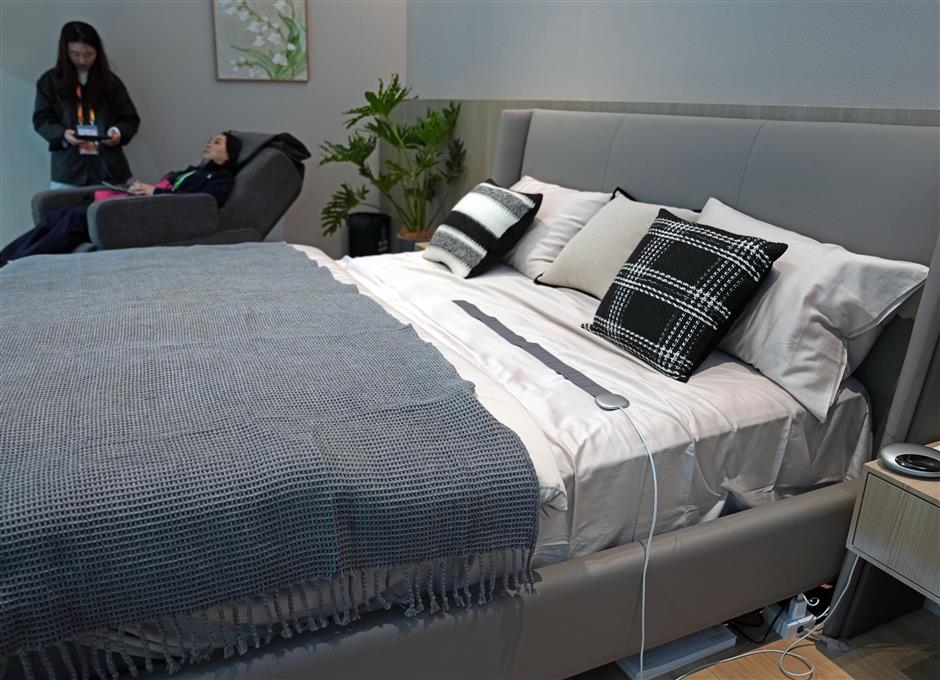
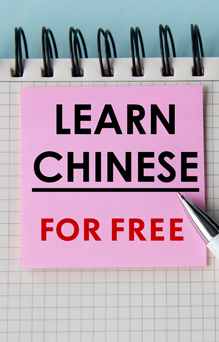
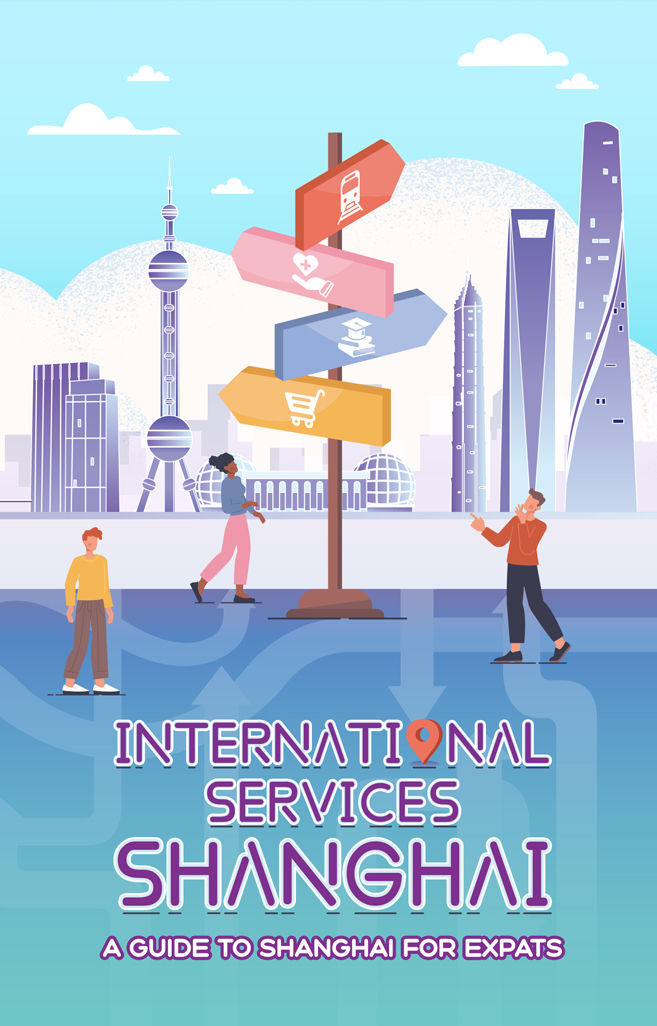


In Case You Missed It...

